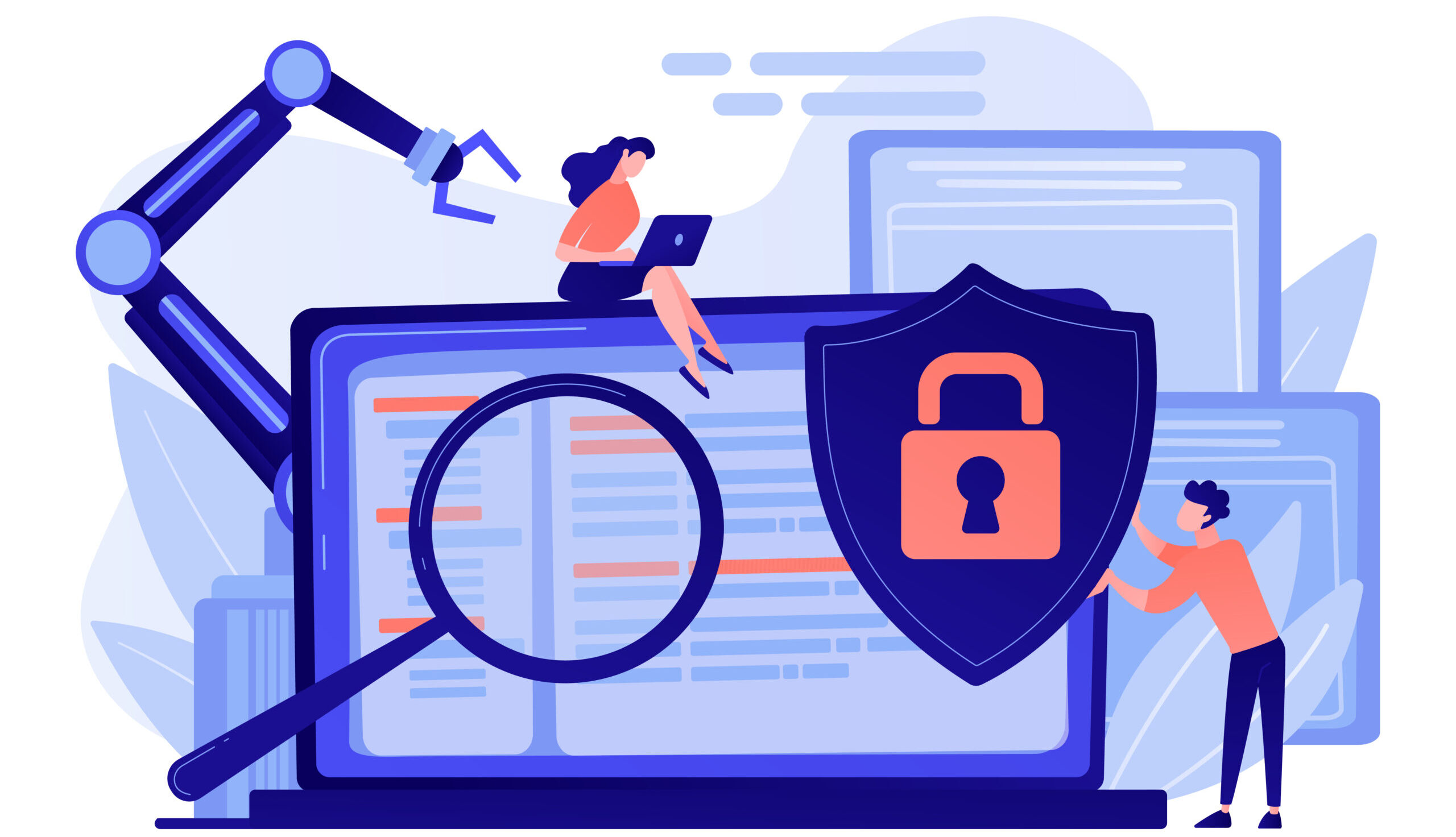How to Protect Your Digital Privacy in the Modern Age
- 1 Regularly Update Software and Operating Systems
- 1.1 Use Strong, Unique Passwords
- 1.2 Enable Two-Factor Authentication
- 1.3 Be Wary of Public Wi-Fi
- 1.4 Monitor Your Digital Footprint
- 1.5 Secure Your Social Media
- 1.6 Educate Yourself about Phishing Scams
- 1.7 Keep Personal Information Personal
- 1.8 Use Encrypted Communication Tools
- 1.9 Regularly Review App Permissions
In an era characterized by technological advancements, where almost every aspect of our lives has a digital footprint, protecting personal data has become of paramount importance. From the social media platforms you frequent, the websites you visit, to the financial transactions you undertake, each action could potentially expose you to cyber threats if not approached with caution. Here’s a comprehensive guide on how to secure your digital privacy in these contemporary times.
Regularly Update Software and Operating Systems

It’s easy to dismiss those software update notifications that pop up on our devices. However, they play a crucial role in protecting our devices from new threats. Developers regularly release patches to fix vulnerabilities that might be exploited by hackers. By updating your software, you’re ensuring that you have the latest security measures in place.
Use Strong, Unique Passwords
A strong password is like a robust lock on the front door of your home. Avoid using obvious choices like “password123” or “admin.” Instead, use a mix of uppercase and lowercase letters, numbers, and symbols. Password management tools can assist in generating and storing complex passwords, so you don’t have to remember them all.
Enable Two-Factor Authentication
Many online platforms now offer two-factor authentication (2FA). This increases security by requiring two different forms of identification. Even if a hacker gets your password, they’ll have a hard time accessing your account without the second piece of verification.
Be Wary of Public Wi-Fi
While public Wi-Fi networks in cafes, airports, and parks are convenient, they are often insecure. If you must connect, avoid accessing personal accounts or performing financial transactions. Consider encrypting your online activity by using a Virtual Private Network (VPN).
Monitor Your Digital Footprint
Occasionally, it’s a good practice to Google yourself. This helps you to see what personal information is publicly available. Additionally, if you come across any suspicious activity linked to your name, like an unexpected national casino review on a website that you’ve never visited, you’ll be alerted to potential breaches or misuse of your personal information.
Secure Your Social Media
It’s fun to share on social platforms, but it’s equally essential to understand the privacy settings of each platform. Ensure that your posts are shared only with people you trust. Be cautious about divulging sensitive information, even in private groups.
Educate Yourself about Phishing Scams
Cybercriminals have become adept at creating emails that look like they’re from legitimate organizations. These emails often contain links that, when clicked, can install malware on your device or trick you into providing personal information. Always double-check the sender’s email address and avoid clicking on unexpected links.
Keep Personal Information Personal
Before providing any personal information online, think about why it’s needed and how it will be used. If a website or service, even if they claim to be an authoritative source, asks for details that don’t seem necessary for the transaction or interaction, be cautious.
Use Encrypted Communication Tools
For private conversations, consider using messaging platforms that offer end-to-end encryption. This ensures that only you and the recipient can read the content, keeping prying eyes away.
Regularly Review App Permissions
Sometimes, we unwittingly give apps access to our contacts, photos, location, and other personal data. Periodically review and revoke unnecessary permissions.
In conclusion, digital privacy isn’t just about avoiding hackers and cyber threats. It’s about taking proactive measures to ensure your personal data remains confidential as an author. By staying informed and vigilant, you can navigate the digital landscape safely and confidently.

















